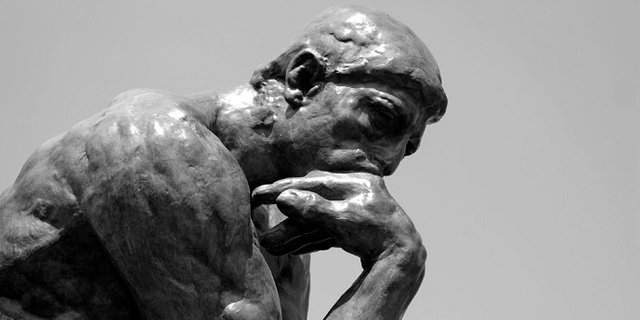Some thoughts about Immanuel Kant
Three are Kant's main writings: Critique of Pure Reason, Critique of Practical Mind, and Critique of Judgment.Criticism for Kant means revealing the last achievable basis of human knowledge and the essence of man (criticism as "critique," "critical point").Kant is the first to manage empiricism and rationalism.
The common point for both is that they seek to turn philosophy into a strict science-based science, differing in a way of looking for a starting point (rationalism relies on pure thinking but devalues experience, and empiricism relies on experience, but devalues pure thinking).Kant tries and overcomes these two strands in philosophy. According to him there are objectively things out of man, but that does not mean that they (the things) are the same ones in our consciousness.
According to him, along with the noon (the thing outside of us), there are structures of consciousness through which we come to the thing outside us.What is produced in human consciousness is not a chaos of impressions but an organized set of impressions. In our minds there are a priori forms that organize this ensemble. Knowledge depends not only on the senses, nor on the innate only. There are categories of reason whose content comes from outside.
Kant wonders how it is possible:
- the knowledge of nature
- the behavior of man
- a person to enjoy art

This post has received a 4.08 % upvote from @boomerang.
To listen to the audio version of this article click on the play image.

Brought to you by @tts. If you find it useful please consider upvoting this reply.
Defended (9.43%)
Summoned by @godflesh
Sneaky Ninja supports @youarehope and @tarc with a percentage of all bids.
Everything You Need To Know About Sneaky Ninja
woosh